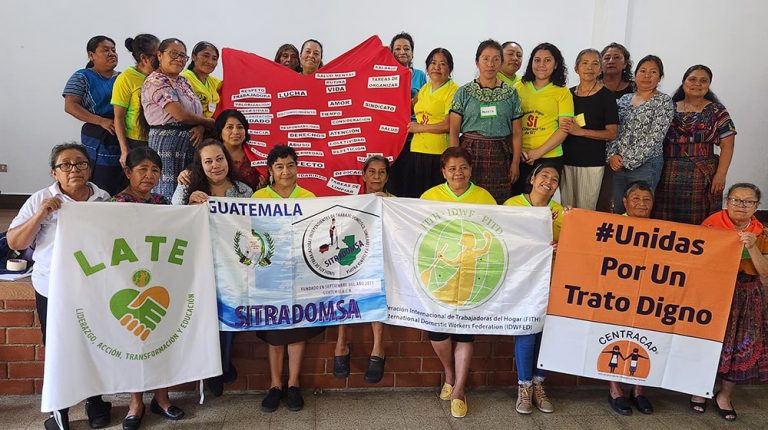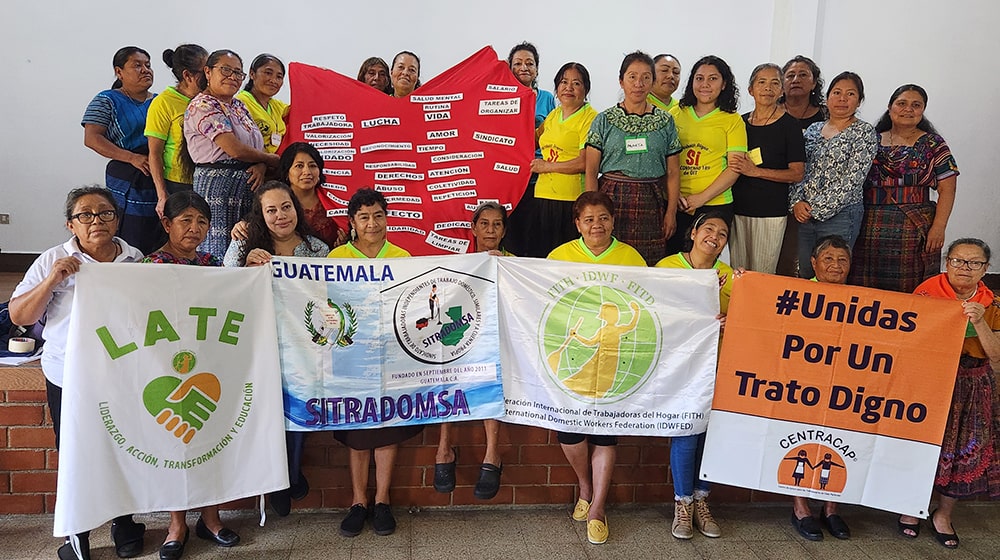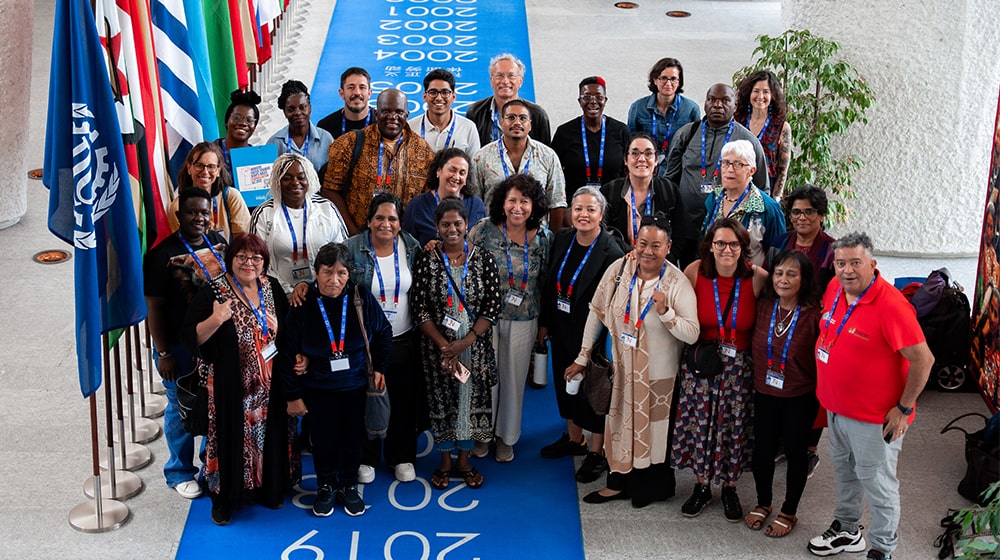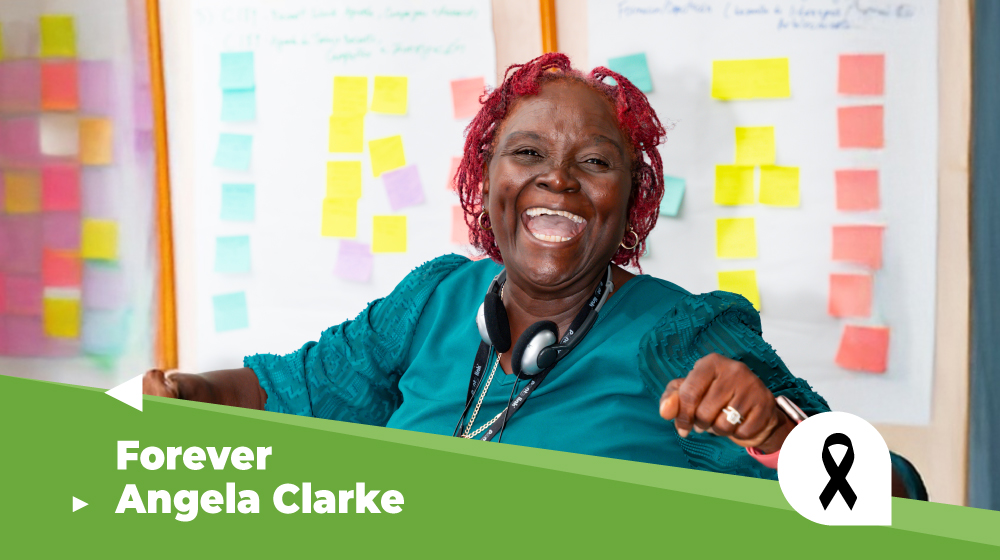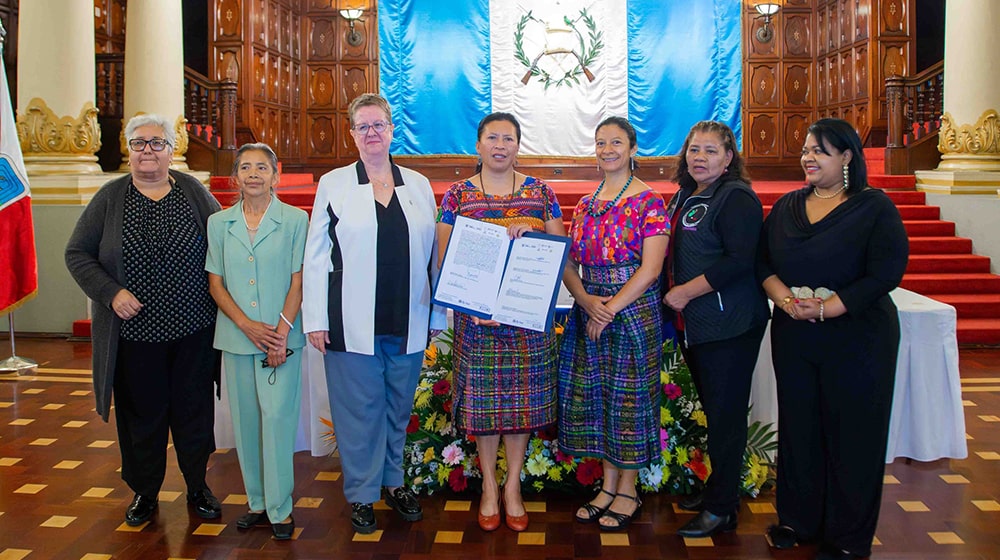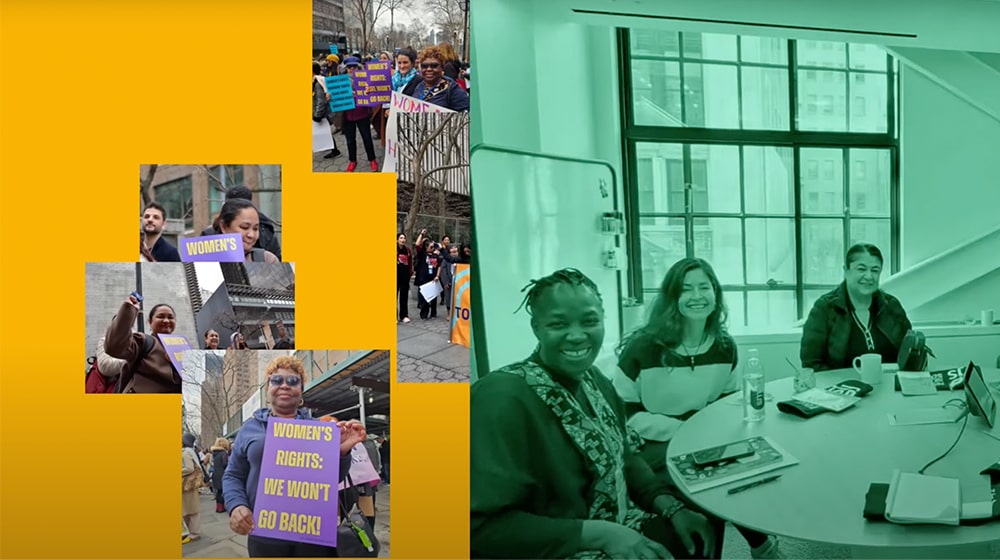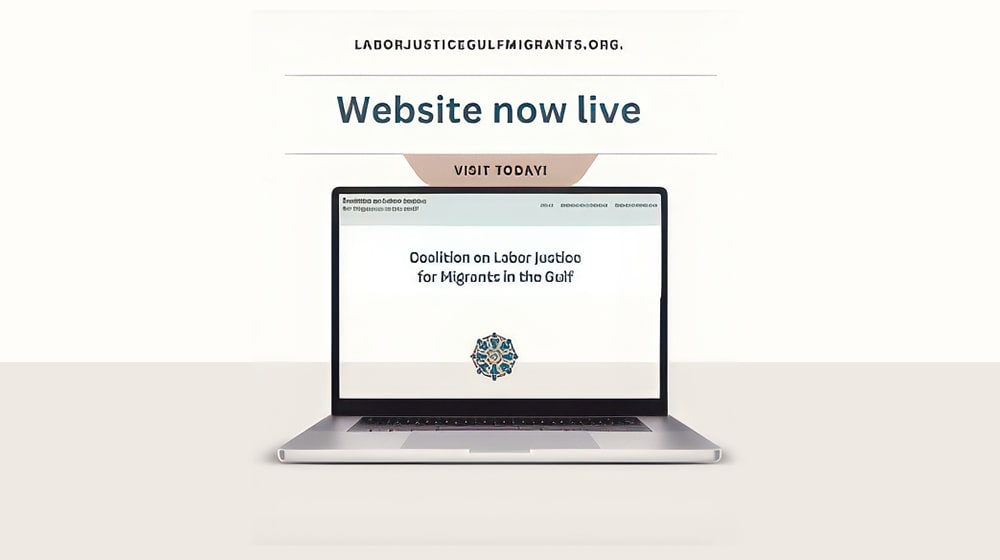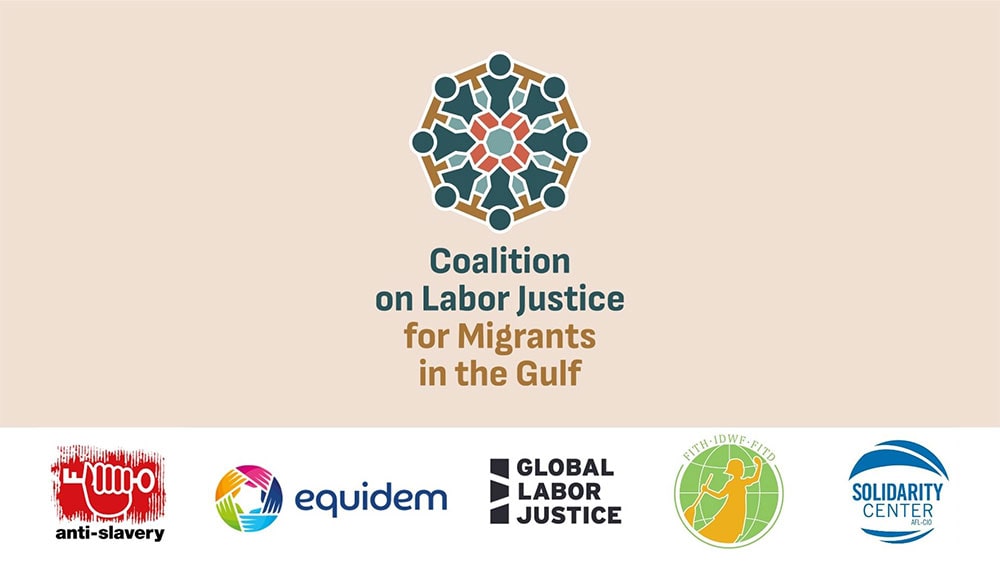
The International Domestic Workers Federation (IDWF), along with Global Labor Justice, Anti-Slavery International, Equidem, and the Solidarity Center, took a historic step on June 5, 2024: they launched the Coalition on Labor Justice for Migrants in the Gulf, the first-ever global labor coalition dedicated to advocating for fundamental labor and human rights for the millions of migrant workers in the Gulf region, including the right to form and join unions and collectively bargain for fair wages and working conditions.
There are at least 31 million migrant workers in the Gulf Cooperation Council (GCC) countries. Even as they are integral to the functioning of economic and social life, these workers have almost no access to legal or governmental mechanisms to exercise their fundamental rights as workers – particularly those employed in domestic work. Civil society and trade unions in GCC countries also have very limited ability to advocate for the rights of migrant workers. The newly formed Coalition is calling for governments and employers to respect the fundamental human and labor rights of migrant workers in the GCC throughout their recruitment, migration, employment, and return home.
The Coalition’s initial focus is on migrant workers employed in domestic work, hospitality, and construction sectors in Bahrain, Kuwait, and Qatar. Some of the cross-cutting issues workers face, documented by the Coalition, include workplace violence, unpaid wages, occupational safety risks due to the impacts of climate change, and exploitative recruitment practices in contexts where worker organizing is repressed, employers have impunity, and workers lack avenues to access justice.
There are approximately 6.6 million domestic workers in the Arab countries, with most of them being migrant women. According to the IDWF’s Position Paper for the 112th Session of the International Labor Conference, “the growing demand for care in many countries has led to dependency on migrant domestic workers (MDWs) to cover care gaps. Even though their overseas work allows MDWs to support their families, they often lack basic conditions to ensure a safe migration and respect for migrant DWs’ human rights and decent work. MDWs working conditions and labor rights are often regulated not by national laws but rather by bilateral agreements (BLAs) and memorandums of understanding (MOUs) between countries of origin and destination, which usually results in discriminatory levels of protection. Temporary migration policies and schemes bring about a structural suppression of MDWs’ labor rights, and emigration policies discriminate in some countries against DWs, leading to irregular pathways of migration that increase risks of abuse and exploitation.”
The legal reforms that some GCC countries have made are superficial and have not led to substantive change for workers in practice. Most of those nations still operate under the Kafala system, a restrictive immigration regime that puts MDWs at the mercy of their employers or “sponsors,” who withhold their personal documentation and have total control over their lives. This system facilitates systematic exploitation and rights violations of MDWs, most of whom come from Asian and African countries. They face all kinds of injustices such as: extremely low wages, delayed or non-payment of wages; long working hours and insufficient time-off; lack of social protection; limited freedom of association and collective bargaining; severe restrictions on freedom of movement and communication; poor living conditions; verbal, physical and sexual abuse, violence, and harassment; no access to justice; and even forced labor and human trafficking, with little prospect of obtaining redress.
As reported by the International Labour Organization (2022), domestic work is among the five sectors accounting for the majority of total adult forced labor, and one of the main sectors where children in forced labor are found.
This urgent rights crisis requires united and direct action. The Coalition on Labor Justice for Migrants in the Gulf is the first global labor group of its kind that brings together advocates across the GCC, origin countries, and supply chain countries in pursuit of labor justice for migrant workers. It will generate transnational solidarity and global pressure to ensure that the needs, rights, and dignity of migrant workers are guaranteed and respected, from recruitment in countries of origin through employment in the GCC countries; it will support workers in their fight for freedom of association, access to justice and remedy, freedom of movement, separation between immigration laws and labor laws, employer accountability, among other key demands; and it will also stand in solidarity with the women migrant workers fighting against gender-based violence and harassment.
“United, we will be able to address the IDWF’s top priorities for migrant domestic workers in the region: eradicating the kafala system; ensuring access to justice; promoting freedom of association and freedom of movement; advocating for access to benefits and services; fostering social dialogue; and equal labor rights. The coalition is important to advocate for migrant workers’ rights in the Gulf because they don’t have unions, and they can be punished if they speak up. Especially domestic workers, who are isolated in the employers’ houses and need support from allies and labor activists to fight against kafala.”
Mary Ann Abunda, IDWF ExCo member and leader of the Sandigan Kuwait Domestic Workers Association (SKDWA).

